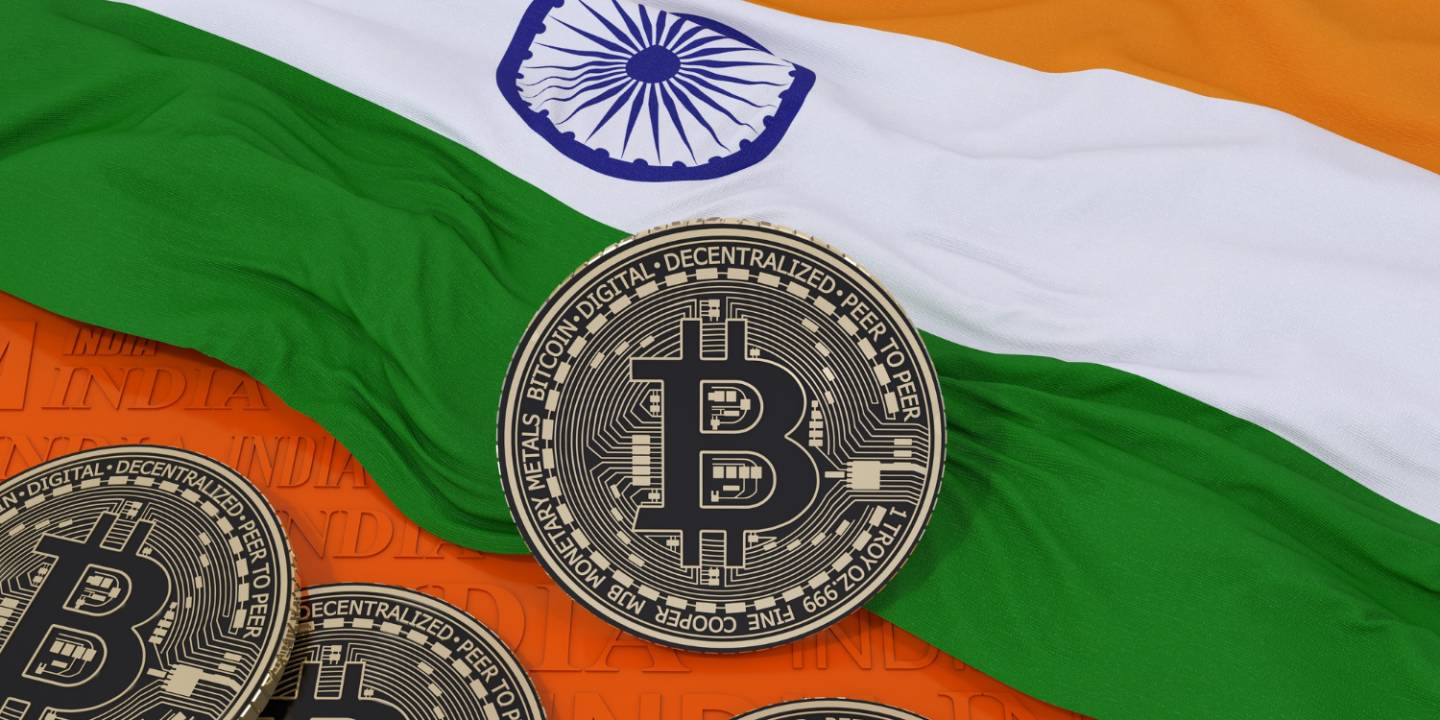
Ajay Kumar Choudhary, executive director of the Reserve Bank of India, announced that the digital rupee, India's recently created internal central bank digital currency (CBDC), is currently being evaluated for offline operation (RBI).
The Reserve Bank of India's executive director, Ajay Kumar Choudhary, stated that the recently released digital currency in India, the CBSC, is now being evaluated for functionality offline.
The wholesale segment pilot for the digital rupee was launched by the RBI, the central bank and regulatory body of India, on November 1, 2022, enrolling 50,000 customers and 5,000 merchants for in-the-field testing.
The wholesale segment pilot program for the digital rupee was introduced by the RBI, which oversees India's central bank, in November 2022.
To test it in practical settings, 5,000 merchants and 50,000 users were onboarded.
Almost $134 million and 800,000 transactions had been performed through wholesale CBDCs as of February 25.
Wholesale CBDCs have handled 800,000 transactions totaling about $134 million.
Choudhary said the RBI is investigating the CBDC's offline functionality as a way to build on this development.
According to Choudhary, the RBI is presently investigating the offline capabilities of the CBDC.
He told CNBC TV18 that the RBI is evaluating the CBDC's potential for international trade and integration with legacy systems in other nations.
In an interview with CNBC TV18, he said that the RBI is considering the CBDC's potential for cross-border transactions and its connectivity to legacy systems from other nations.
Moreover, Choudhary said the CBDC would soon become the medium of exchange and would require all characteristics of physical currency, including anonymity, while speaking on behalf of the RBI.
According to Choudhary, the CBDC will soon serve as the primary means of exchange and must have all the characteristics of actual money, including anonymity.
The CBDC was established by India with the goal of enhancing regional financial inclusion and promoting the digital economy.
India established the CBDC to advance the digital economy and broaden regional financial inclusion.
Moreover, Choudhary stated to CNBC TV18 that CBDC would eventually replace bitcoins.
Moreover, Choudhary stated that CBDC would eventually displace cryptocurrencies on CNBC TV18.
Related: Indian women's cricket league bans cryptocurrency sponsors and advertisements
Singapore was added to the unified payments interface (UPI), India's national payment network, on February 21.
Related: The Indian Women's Cricket League has banned sponsors and marketing for cryptocurrencies.
Singapore now has access to the unified payments interface (UPI), India's national payment network.
UPI expands globally!
UPI is now accessible everywhere.
Although the introduction of UPI as a payment system in India has revolutionized people's lives there, other nations are also starting to adopt India's digital payment system as it gains popularity on a worldwide scale.
UPI expands worldwide
The UPI PayNow integration enables rapid money transfers between Singaporeans and Indians.
The State Bank of India, Indian Overseas Bank, Indian Bank, and ICICI Bank are the four major Indian banks that will first handle outgoing remittances.
Four Indian banks—the State Bank of India (India Overseas Bank), Indian Bank, and ICICI Bank—will enable outgoing remittances.
Incoming remittances would be facilitated by Axis Bank and DBS Bank India.
DBS Bank India and Axis Bank India will handle incoming remittances.
Users in the region will be able to access the service thanks to Singapore's DBS Bank and Liquid Group.
The service will be offered by DBS Bank Singapore and Liquid Group.














